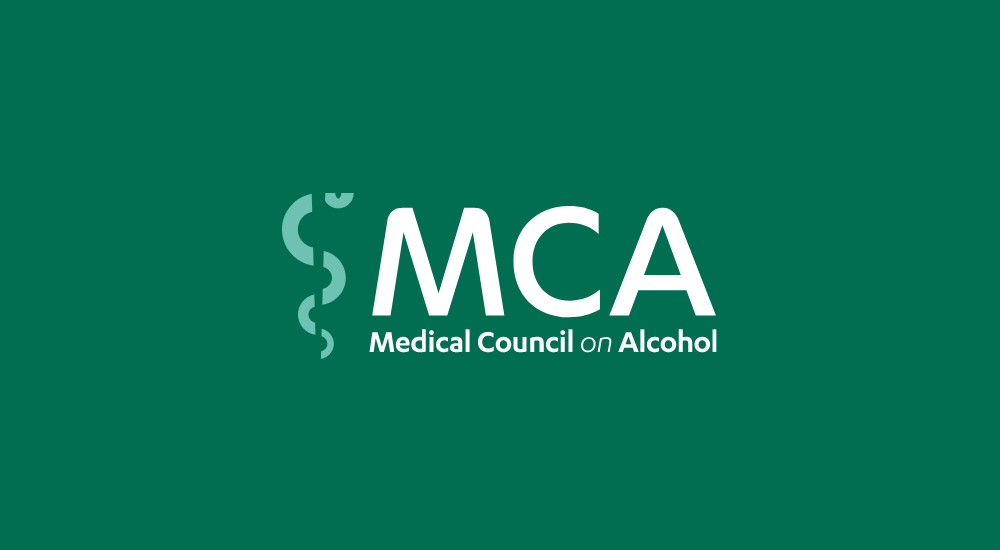John Holmes to speak at MCA Annual Symposium

SARG Director Professor John Holmes will give a talk on no/lo drinks at the Medical Council on Alcohol's Annual Symposium this week (22.11.23).
His lecture will focus on the potential, pitfalls, and implications for public health policy of no- and low-alcohol drinks.
The rise of no/lo drinks
No- and low-alcohol (no/lo) drinks have become increasingly popular in recent years and now account for around one percent of total alcohol sales and two percent of off-trade beer sales. Further increases in no/lo sales could have a positive impact on public health by reducing alcohol consumption and the associated chronic health problems.
However, there are also concerns that people may consume no/lo drinks in addition to their usual alcoholic drinks, that companies may use alibi marketing to promote familiar alcohol brands, or that no/lo products may blur the distinction between drinking and non-drinking in harmful ways for high-risk groups.
The benefits or risks of no/lo drinks therefore depend on who purchases and consumes these products, the settings in which they consume them, and how that consumption relates to consumption of standard alcoholic drinks. Public health actors need to consider how they can contribute to developing a new policy framework that maximises any benefits of these products while minimising any risks.
The talk will draw on research being undertaken through the No/Lo Project which examines whether making non-alcoholic or low-alcohol drinks more common and popular in the UK can improve people's health.
About the symposium
The Medical Council on Alcohol's Annual Symposium is a key event for health professionals working to reduce alcohol-related health harms. The programme is aimed at clinicians and researchers across a variety of disciplines and specialties, highlighting both new research and policy and practical applications.
-
SARG researchers to showcase local health modelling at the Prevention Research Conference 2026
Researchers from the Sheffield Addictions Research Group (SARG) will present work from the Local Health and Global Profits programme at the Prevention Research Conference 2026 in Birmingham on 4-5 March.
-
New research shows that spending less on tobacco, gambling and sweets is good for the UK economy
A new study from the Sheffield Addictions Research Group (SARG) has found that public health policies which reduce spending on harmful products can actually provide a significant boost to UK jobs and the wider economy.
-
SARG researcher Dr Parvati Perman-Howe secures NIHR Career Development Award
We are delighted to announce that Dr Parvati Perman-Howe, a Research Associate within the Sheffield Addictions Research Group (SARG), has secured a highly sought-after Career Development Award.
-
Professor John Holmes contributes to major new report outlining actions to tackle alcohol harm
SARG Director Professor John Holmes was part of an expert panel that supported the development of 'A Healthier Future: A long-term vision to tackle alcohol harm in the UK', a significant new report published by the Institute of Alcohol Studies (IAS) this week.
You might also be interested in…
-
SARG researcher Dr Parvati Perman-Howe secures NIHR Career Development Award
We are delighted to announce that Dr Parvati Perman-Howe, a Research Associate within the Sheffield Addictions Research Group (SARG), has secured a highly sought-after Career Development Award.
-
SARG to present latest research on alcohol-free and low-alcohol drinks at SSA Annual Conference 2025
Researchers from the Sheffield Addictions Research Group (SARG) are set to present their latest findings on alcohol-free and low-alcohol drinks at the Society for the Study of Addiction (SSA) Annual Conference 2025.
-
New report reveals further growth and key trends in alcohol-free and low-alcohol drinks market
A second Monitoring Report from the Sheffield Addictions Research Group has been published, revealing further growth in the alcohol-free and low-alcohol (no/lo) drinks market and offering new insights into consumer behaviour and pricing.
